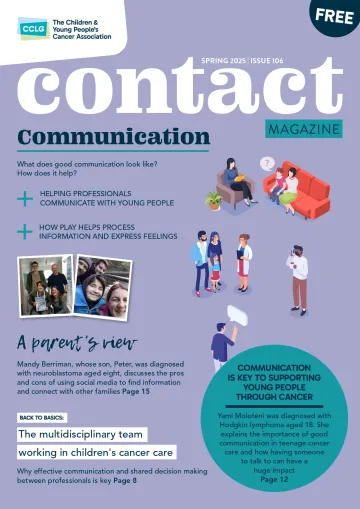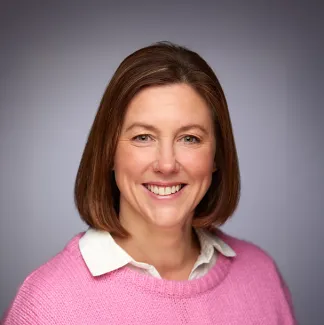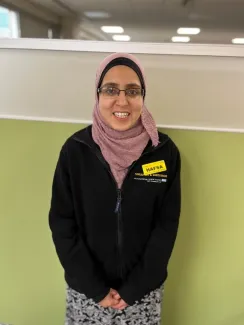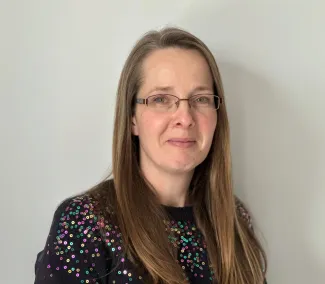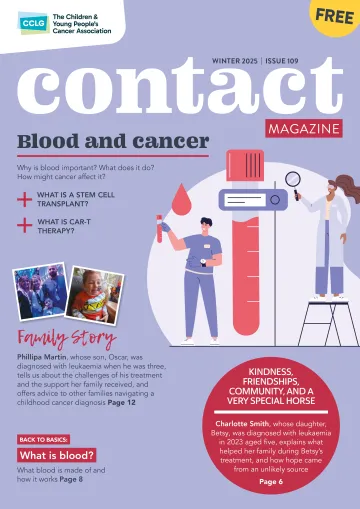Autumn 2021 should have been a really happy time. I’d gotten the A-level results I wanted and was preparing to go to university. But then, just like that, I had all those plans ripped apart. Instead, I was thrown into the lonely, isolating world of cancer treatment.
I had chemotherapy from early September until December. The plan then was to try a new immunotherapy drug, but over Christmas I began feeling out of breath and had a temperature. I was told that in the short time since stopping chemotherapy, the cancer had grown again. The immunotherapy plan got pushed back and I did a few more months of chemo, before we finally got a scan that was looking positive. Everything was shrinking, but we went ahead with the immunotherapy just to make it a bit smaller. The immunotherapy, unlike chemo, wasn't attacking the body, but was boosting my immune system. So, I didn't feel all the intense side effects I'd been feeling previously, like sickness and fatigue.
Instead, I’d go into hospital for these hour-long infusions and then go home. That was a much kinder treatment to go through, and I could get on with my day-to-day life. However, it didn’t work as hoped, so I did radiotherapy for a month. About halfway through radiotherapy, my lung collapsed. I was really struggling and ended up spending even more days in hospital trying to fix the segmental lung collapse while also having the radiotherapy.
After radiotherapy, we sat down with my consultant, who thought a stem cell transplant would be the best way to make sure we got all the cancer out and it wouldn't come back. I had the transplant in November 2022 and that was intense, mentally and physically. I couldn’t eat and I stayed in hospital for just under a month, which was really isolating.
I took the transplant well and when I had a scan in January 2023, it was positive news. It wasn't remission, but it showed the cancer was basically gone and there was only a little bit left. I didn't go back to hospital for six months and started getting on with life again. I was busy working and went on four holidays. It just felt really good. And then, I was told I was in full remission at the end of July.
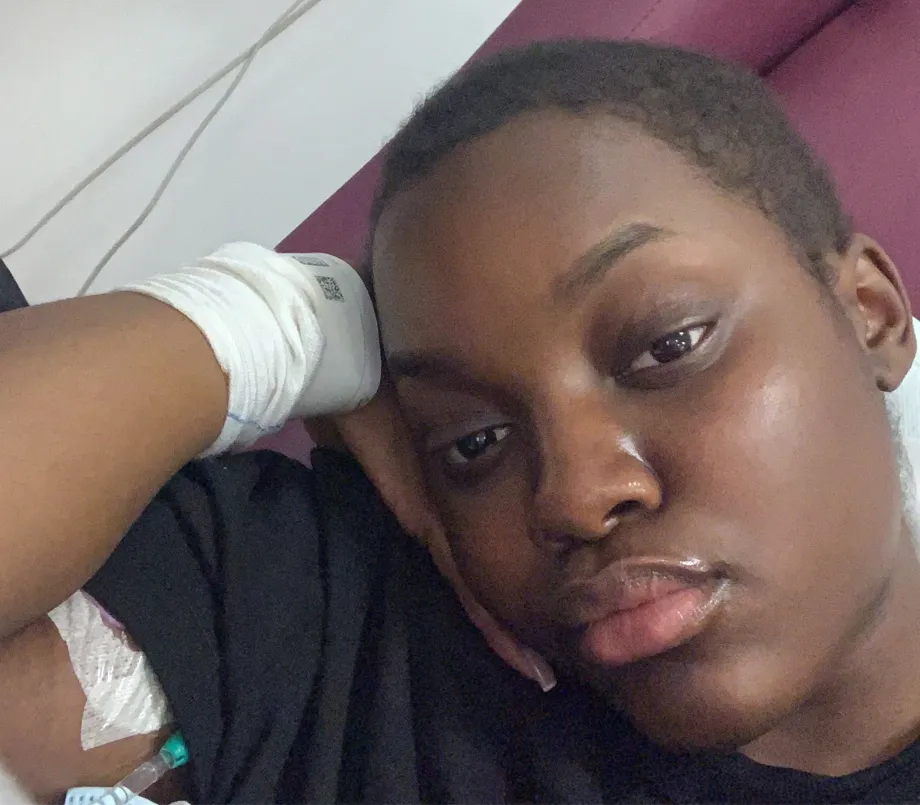
Yami in hospital
What can help to communicate with young people
I was 18 when I was diagnosed and knew nothing about the world, let alone cancer, and it was such a confusing time. Fortunately, my consultant, Dr Collins, was great. He was empathetic and adjusted the way he communicated to me, and I feel that’s something that all professionals should be doing with their patients. He took his time speaking to me and would recognise that although, yes, I was an adult, realistically I’d been an adult for just six months. I was fresh out of school, with zero life experience and now trying to understand lots of medical terms and jargon. Dr Collins would suggest recording conversations in case I wanted to listen back to them and to email him with any questions. Just putting these things in place made me feel much more at ease.
However, I know from experience that not everyone is like Dr Collins and some people don’t get that support at all, which could make a world of difference to them. We need to help educate professionals in communicating with young people and understanding the differences between them and an older patient, for example, is really important.
How talking has helped me
During my two years of treatment, I completely neglected my mental health. I didn’t really speak about my cancer and didn’t really process it until I got the all-clear. Therapy has really helped me to talk about my feelings. I don’t know where I’d be without it. But I wish I had it sooner and, more so, I wish someone had properly explained the benefits to me.
I was 18 – I didn’t know many people that age talking about their feelings. I didn’t really want to sit there talking to a stranger about my problems. Why would I want to tell that person about my life?
I want to tell that person about my life? It would have made a world of difference, and it did in the end, but maybe if I’d have been talking about the stem cell transplant, for example, when it was happening, that whole period would have been a lot easier for me to get through.
I’d advise any other young people to take this support when offered, but it’s also important for hospitals to make sure that they understand how it may help them.
If they don’t want it, it’s really important that they at least have somebody to talk to. In my case, I received a huge amount of support from my Teenage Cancer Trust Youth Support Coordinator, Clare. Clare’s amazing. She was always there when I needed her, and I couldn’t have got through cancer without her.
We talked about medical things to start with, but then I got bored of talking about cancer, so we started to talk about day-to-day things. She was there to listen to my disappointment of not being able to go to uni. Everyone else would say that things would get better or try to give advice, but Clare would just listen to me and let me talk. She’d say: “I hear you. It’s tough.” Her validating what I was saying was exactly what I needed. Having her there made a world of difference.
Clare also introduced me to some other young people with cancer through social events which she ran. It was a real help to meet people who knew what I was going through. We didn’t even have to talk about cancer the whole time. It was reassuring to just be around someone going through the same thing.
Speak up for yourself if you need to. Don't be afraid to ask for support when you need it. If you’re really struggling with something, ask for help. That might mean opening up to random people about how you're feeling or speaking up if you don’t understand something. For example, I had one drug, and it made me feel really sick. I just carried on taking it. It got to the point where the side effects became too much, and I had to ask for something new. It might not always feel easy, but the only person you're affecting by not speaking up and advocating for yourself, is yourself. Nobody's going to be upset that you've asked for help. Speak up for yourself and be confident in what you know.
From Contact magazine issue 106 | Spring 2025

